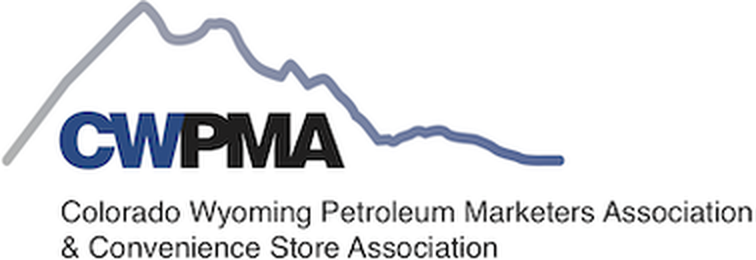As a reminder as you bonds come up for review.
“Bonds: Fuel tax bonds will no longer be required, and will be surrendered by March 31, 2022, or as soon as all fuel tax liabilities have been paid in full.”
What is changing:
- COFTS: The Department will discontinue using the Colorado Fuel Tracking System (COFTS) after the December 2021 period, due January 26, 2022. Starting with the January 2022 period, due February 28, 2022, fuel distributors, carriers, and terminal operators are required to file their tax returns and fuel reports through Revenue Online at colorado.gov/revenueonline. The conversion from COFTS to RevenueOnline will happen in late January, after the December period returns are due, or in early February.
- Filing Returns:
- The Department will provide similar filing options, including spreadsheet and web entry. The EDI option is being updated to XML filing.
- The Fuel Distributor Report (DR 7050) is being redesigned, including changes to:
- Point of Taxation: Fuel distributors are no longer allowed to defer fuel tax to a subsequent distributor. The distributor receiving the gasoline or special fuel at the terminal is responsible for paying the tax, even when they are also the supplier within the terminal. In the case of fuel removed from a terminal by a common carrier, the consignor who owns the gasoline or special fuel removed is the recipient thereof and is responsible for paying the tax as it is pulled from the terminal.
- Imports: When gasoline or special fuel is imported, the importer is responsible for paying the tax. A bulk transfer is exempt from fuel tax. Bulk transfer is defined as any transfer of gasoline or special fuel by pipeline or vessel and any transfer of gasoline or special fuel by railcar from a refinery to a terminal operated by the refiner.
- Blended Fuel: The tax on blended gasoline and blended special fuel is imposed upon the blender at the time of sale. The blender is allowed a credit against the tax on the blended fuel for gasoline and special fuel already taxed.
- Penalties:
- Carriers and terminal operators are subject to a $100 late filing penalty if their carrier or terminal operator report is not submitted by the due date. The due date is the 26th day following the reporting month. When the due date falls on a weekend or holiday, the report is due the following business day.
- Distributors are subject to a $100 late filing penalty and a late payment penalty of the greater of $30 or 10% plus an additional 0.5% for each additional month the payment is late up to a maximum of 18%. When both penalties apply, the larger penalty is imposed.
- Distributors, carriers, and terminal operators that, to the satisfaction of the department, show a good faith effort to comply with the changes made by House Bill 21-1322, and amends any filed returns, and pays any tax deficiencies resulting from those amended returns by March 31, 2023, may request to have the late filing penalty and late payment penalty waived for periods January 2022 through December 2022.
- Bonds: Fuel tax bonds will no longer be required, and will be surrendered by March 31, 2022, or as soon as all fuel tax liabilities have been paid in full.
Electronic Payment Options: Distributors will now have the following electronic payment options: debit and credit card, E-Check, EFT Payment (ACH Debit), and EFT Payment (ACH Credit).



